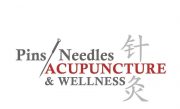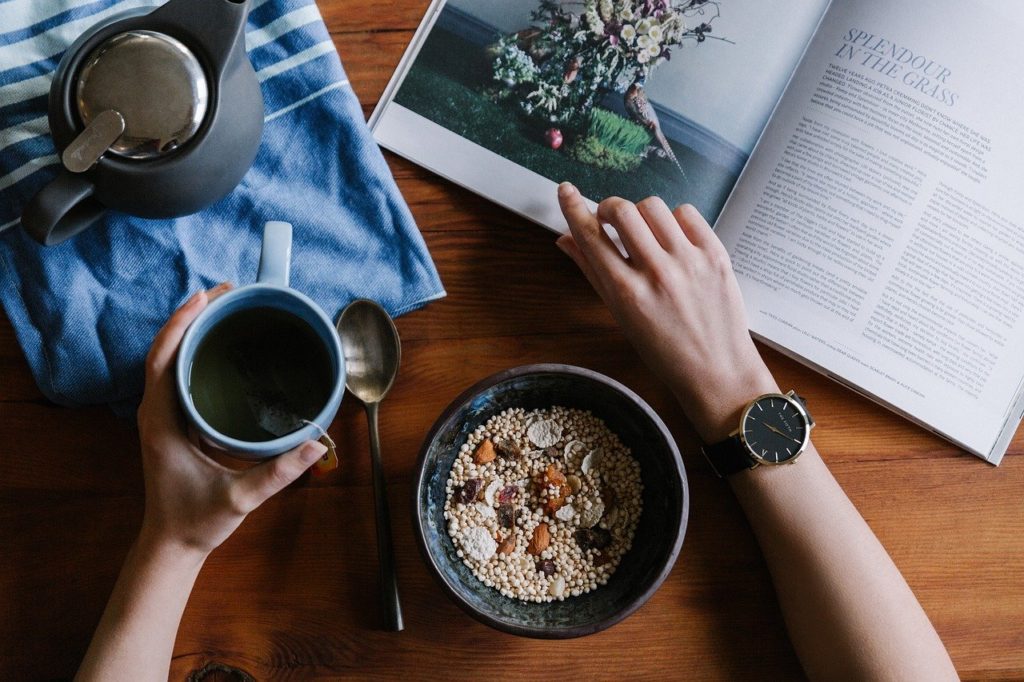Sports nutrition is often designed without a vegan lifestyle in mind. To be honest, many sports nutrition diets are designed without long term health in mind. That is the difference between a diet and a lifestyle, the latter is sustainable while the former is a temporary approach. That doesn’t mean temporary dieting is bad, done with the periodization of training, it is very effective for competitive athletes. The lifestyle approach to food is what is done for the rest of the time. For a vegan athlete, there are some concerns when attempting to maintain a high level of activity with a healthy diet. Some are more common misconceptions, while others are valid concerns. The following are 5 of the most common issues a vegan athlete may come across.
Vegetarian Trap- The dietary issue with the vegan lifestyle I come across as a health care practitioner is, what I refer to as, the vegetarian trap. It is similar to that of the omnivore’s great failing… too much processed high sodium foods. Many vegans ‘go vegan’ and think that means frozen readymade meals and pasta at every meal. This equates to excess salt, hydrogenated fats, and way too many carbohydrates. It will undoubtedly offset the vegan athlete’s dietary goals. Vegans turn vegan for different reasons. Sometimes the reason is about animal rights or a personal belief and other times it is to become “healthier”. The best way to be a vegan athlete is to truly embrace a plant-based diet. This should mean fresh, organic, unprocessed foods.
B12 Deficiency– This is definitely a valid concern. The highest sources of B12 come in the form of meat products. If a person chooses to not eat meat they can usually be health-conscious enough to get adequate B12 via fortified foods and not become ill from a deficiency. Just because you are achieving the bare minimum, does not mean you are achieving enough. As an athlete you are striving to be at your best, not to scrape by. This means the Vegan athlete will most likely need to supplement B12 to become as efficient as possible. There are many products on the market that claim to provide B12. If oral B12 is being taken it is often best absorbed in a sublingual form rather than a pressed pill. More often than not we would recommend an intramuscular injection of B12 to maintain a high-performance level for an athlete. B12 shots are inexpensive, sustainable, and easily put the vegan athlete on par with if not above the omnivore athlete in regards to B12. Intramuscular B12 injections are the number one method of absorbing this vitamin. To learn about B12 shots, contact your friendly neighborhood Naturopath (like the one at Pins and Needles!)

Protein Insufficiency– I personally believe this is more of a mythical threat as long as you don’t fall into the Vegetarian trap. There is more than enough protein available in a plant-based diet to achieve optimal amounts. The trick is to not rely on one source of protein. As discussed in our last blog (check it out here), protein powders are wonderful for athletes. The problem with protein powders and the Vegan Athlete is finding a source that provides a balance of complete protein. Our tip is to mix up the sources of protein in protein powders. This is the same tip we have for gaining protein through foods, be sure to mix it up! Examples of high protein vegan foods are tofu, seitan, tempeh, dark leafy greens (kale, spinach), almonds, and beans.
Calcium– We are more or less bred in North America to think dairy is how we get calcium. In fact, I would give major kudos to the dairy marketing industry for having the capability to practically brainwash an entire population into thinking this is a legitimate fact. It isn’t true. The next big lie marketing campaigns came up with was, you need to get extra calcium via “calcium chews”. Again amazing campaign with a heavy impact to create a desire for a product, that is usually junk. In fact, many Calcium products use Calcium Carbonate which has the potential for worsening bone health by creating osteophytes. Attaining calcium without calcium chews or a cow’s milk production is actually pretty easy! While we often recommend a calcium/magnesium supplement to patients, we always strongly encourage the majority of calcium to be obtained via food sources. Oddly enough, this is almost always accomplished from non-dairy sources! Did you know that 1 cup of cow’s milk contains 305 mg of calcium and 1 cup of collard greens has 357mg? Nice!
Iron– Along with B12 deficiency, Iron deficiency can be common in vegans. However, with a strong focus on incorporating dark leafy greens, it is less of a concern. There was a reason Popeye ate his spinach! If the vegan athlete embraces a plant-based diet and avoids the vegetarian trap, the iron deficiency would be less likely than that of a lacto/ova vegetarian. Some of our favorite vegan Iron sources include spinach, quinoa, and lentils.
A vegan lifestyle will require frequent shopping to assure fresh foods. Below is an example of a vegan menu for a day that contains balanced nutrients to fit an athlete training for one to two hours a day:
Breakfast: (Steel cut)Oatmeal with ground flax
Snack: Trail mix/ nuts and fruit
Lunch: Salad including a Spinach and Kale base, garbanzo beans, shredded carrots, broccoli, oil, and vinegar
Snack: Homemade granola bar
Dinner: Tempeh “steak” on a bed of lentils with edamame and chard
Pre Training- Apple with almond butter 30 minutes before workout
Post Training- Protein shake (pea and rice protein mix) and banana within 30 minutes after exercise
Of course, this only an example and it can easily be modified to suit individual tastes. The vegan athlete definitely needs to do a great deal of research or seek out a health care practitioner that can help to provide a diet that helps achieve an optimal diet. The above only briefly covers some of the considerations for a sports diet.
If you have any questions please feel free to post in the comment section or contact us. Thank you for reading!

